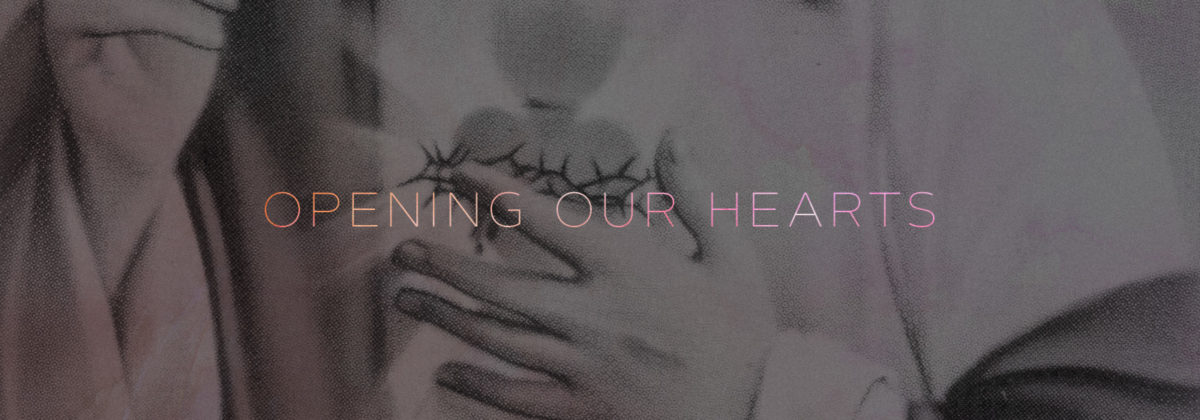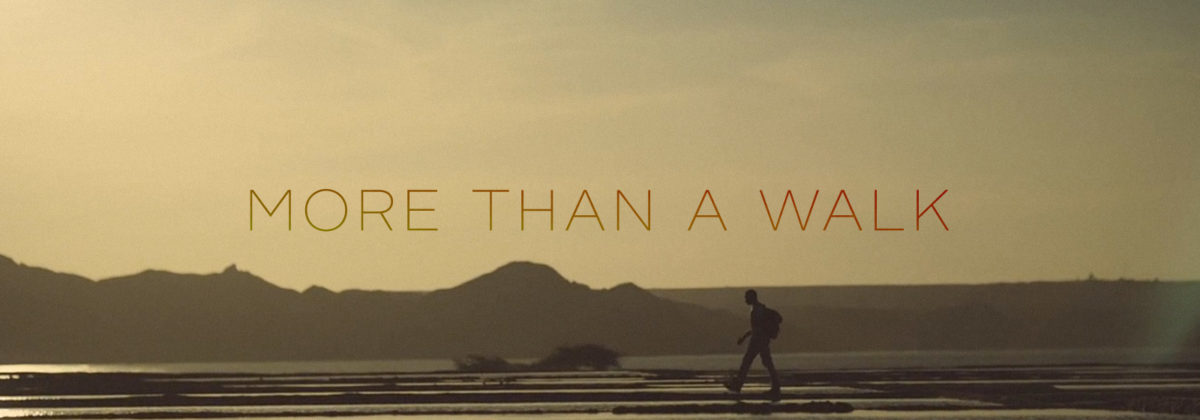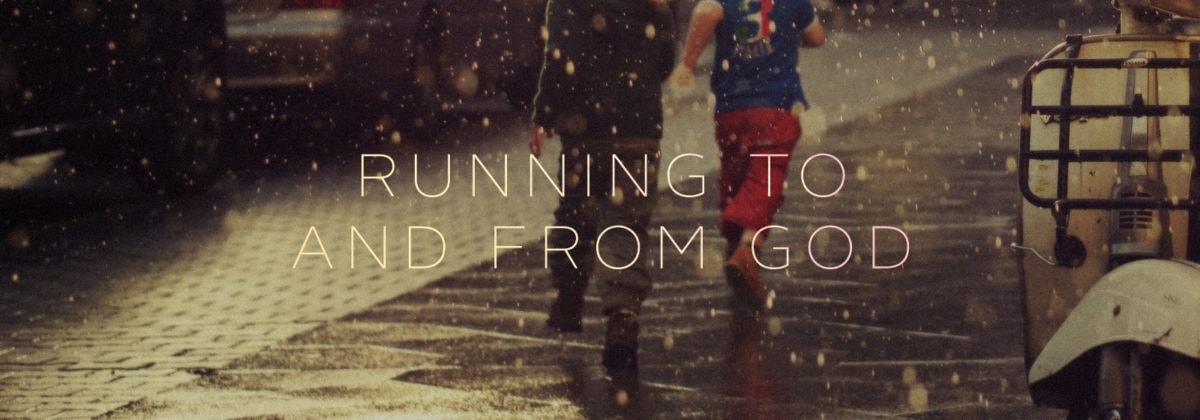Last week, I had a fairly important meeting with people who have a great degree of influence over my future. It wasn’t an easy meeting to have because there were some questions about the path God is carving out for me. I gave my best answers, and yet some of my answers left ambiguity about what will come. I was not sure that it was well received. Actually, I left the meeting convinced that it wasn’t received well at all. I thought it was a disaster.
But then my phone rang the next morning. It was one of the directors who was in the meeting. He asked me how I thought the meeting went. I said I thought it didn’t go well. He paused, and then said “Well, we thought you did great”. It was a surprising thing to hear. I was convinced this meeting was nothing of the sort. Yet here is a man I trust and respect, who was also in the meeting, who told me that I had completely misread the tone of the room and the result of the meeting.
It occurred to me, we need to rely upon other people’s eyes to see past our own blindness.
There is a segment in the gospel of Mark that I would title “Failing to see”. Mark 8:22-10:52 recalls how the disciples of Jesus not only fail to see who he is, but completely misunderstand the nature of Jesus’ mission. There are two stories about healing the blind that act as sort of bookends.
The first bookend, Mark 8:22-26, is a story of Jesus healing a blind man. This story is unique because it is the only story in all the gospels where the healing isn’t instantaneous. It doesn’t take at first, the blind man only sees partially. In his own words are “I see people, but they look like trees” which could be fun at first, but I’m sure the novelty would wear off quickly. So, Jesus lays his hands on this man again and then “his sight was restored and he saw everything clearly”.
The very next story is about Peter identifying Jesus as Messiah. Since Peter seems to see clearly, Jesus decides to give him the inside scoop of what he knows is about to happen: he will be betrayed, he will die, and he will be resurrected. In shock Peter tells Jesus “No!”. Jesus then rebukes Peter because he fails to see what God is actually doing. Peter only sees in part.
The next stories are similar to Peter’s blindness: Peter, James and John are left scratching their heads after the transfiguration; the disciples are unable to cast out a demon (something they were previously able to do, it seems they may have forgotten to pray); they get in a relentless debate about who is the greatest among themselves; John thwarts someone who is doing work in Jesus’ name; they prevent children form approaching Jesus (even after Jesus taught them not to); James and John try to procure positions of power in God’s economy (sidestepping the “who’s the greatest” debate).
Over and over again in this section, we see that the disciples fail to see. But sometimes its easy to miss what Mark is trying to tell us: a true disciple of Jesus will sometimes miss the point, and fumble around like a blind person in the dark.
We too will fail to see.
There is hope, of course, in this part of Mark. The bookend to cap off this section is the story of the blind beggar Bartimaeus. Followers of Jesus tried to prevent him from getting to Jesus, yet Bartimaeus persisted. Jesus sees him, completely heals his blindness and then Bartimaeus begins to follow Jesus on the way (a true picture of discipleship). The wonderful part of this text is that he knew that if Jesus were to do anything for him it would be a complete act of mercy.
What does any of this have to do with my meeting?
It is all too easy for me to be convinced that I can see situations very clearly; to a fault, actually. I like to pretend that I’m omniscient. But, it is a precarious thing to apply an attribute of God to myself. If I pretend to be God, I am reenacting the scene in the garden of Eden—biting into the temptation to be like God.
We may not want to admit it, but we are partially blind. Sometimes we get it right, more than often we get it wrong.
What is the cause of our blindness?
We can be blinded by our arrogance. There is no possible way we could be wrong about x, y, and z, now is there?
We can be blinded by our closeness to a situation. We want a certain outcome, or we have expectations, or motives, and so we get so caught up in what we want that we miss what might actually be happening.
We can be blinded by our insecurity, our wounds, our past. Someone may say something and then it reminds you of that thing which happened in your past. All of a sudden, the pain and hurt of memories flood your imagination and the situation at hand is completely clouded by what happened in the past.
The true root of our blindness is our sin. Sin distorts and perverts truth and makes us blind to what is true. It causes us to feel pride and shame, which results in overestimating, or underestimating ourselves, our ability and our importance.
I say all of this, to say this: we so desperately need Jesus to have mercy on our blindness, and we need a community who helps us follow him on the way.
I am so grateful for the director who called me after this meeting. He lent me his eyes to see the situation from a different perspective. This has happened to me time and time again. We need people who love Jesus, who see things differently than us, who see things clearly, and who are invited into our lives, to help us see the truth more fully.
Alone, I can fail to see the light. But Jesus uses others to help me see. There are more eyes in the body of Christ than just my own. And with our shared vision, we begin to see more and more of Christ’s beauty. Through each other, Jesus empowers us to identify how he is at work in our midst.
At the end of the day, the only way we will ever see fully is a complete act of Jesus’ mercy. And I am convinced, that part of his mercy is giving us others who are following him, imperfectly, along the way. Even together, we need someone who can see truth and lead us into it. The only one who can do that, is Truth himself.




